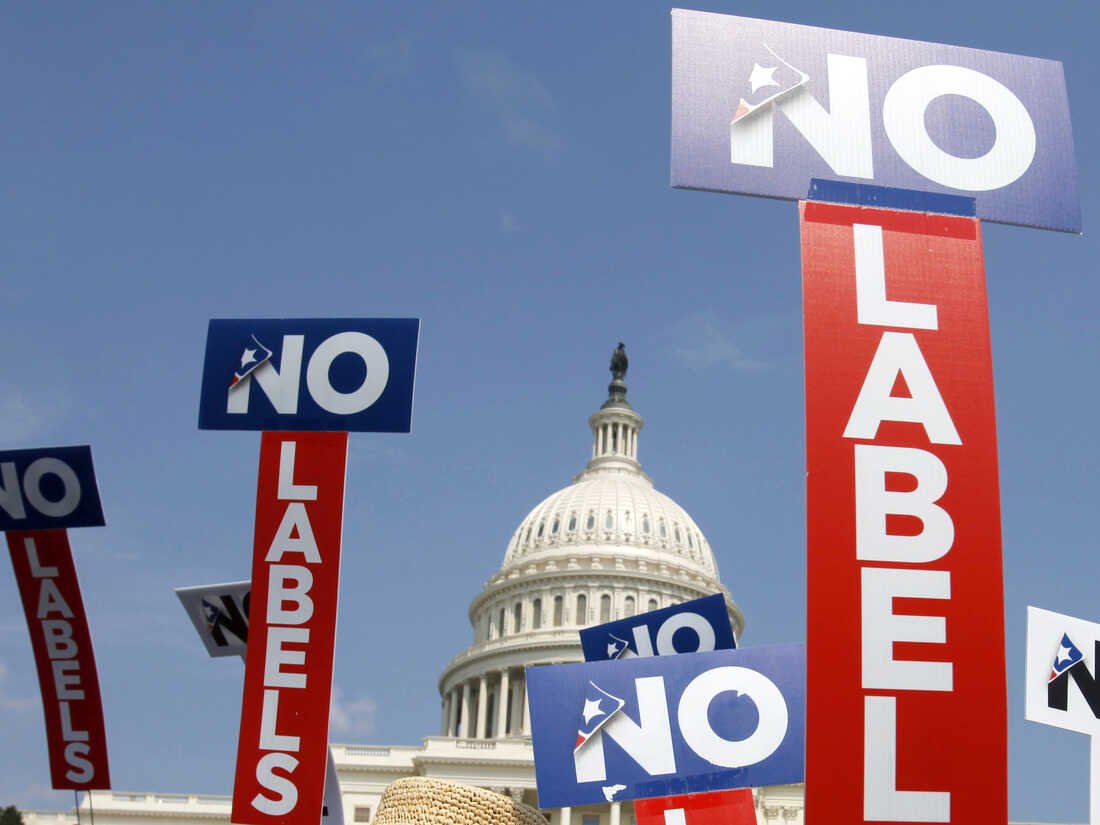Could a Third-Party Candidate Impact the 2024 Election?
5 Minute Read
And they’re off for a second time. The first time was so great that we decided on an encore for the Biden vs. Trump election. However, the question on American voters’ minds now is the potential for disruption from third-party candidates.
Former Governor Nikki Haley pulled out of the Republican presidential nomination race after Donald Trump won 14 of the 15 primary elections on March 5th’s Super Tuesday. She won the state of Vermont’s primary and also the District of Columbia.
This election may become one of the closest and most highly contested ones in recent memory. Turnout among key demographics in crucial swing states like Wisconsin, Virginia, Georgia, and others will tilt the balance to one candidate from the two major parties. However, in a razor-tight election, an emergent independent candidate may be the deciding factor that pulls key votes from one of the primary candidates in crucial swing states.
In a recent Ipsos poll, two-thirds of Americans are “tired of seeing the same candidates in presidential elections and want someone new.” While Americans also say they are dissatisfied with the two-party system, it is unlikely that a candidate from a third party would ever win a presidential election. Only George Wallace, who ran as an independent in 1968 on a segregationalist platform, secured five southern states in the electoral college. Ross Perot, in 1992, was the only third-party candidate in history to win more than 10% of the popular vote, which allowed Bill Clinton to win the White House from then-President George H. W. Bush.
A third-party candidate does not need to win a state or achieve more than 5% of the popular vote to impact an election. In the 2000 election, Green Party nominee Ralph Nader won 97,488 votes in Florida, which prevented Al Gore from winning the state and the election. George W. Bush won the state’s electoral votes by 537 votes over Mr. Gore.
With the election between Trump and Biden being well within two percentage votes, the opportunity is ripe for a Nader-like disruption to repeat itself. Biden seems more likely to have supporters defect to a third party due to lower enthusiasm for his reelection than Trump.
Here is a list of potential third-party candidates who are more left-leaning and a threat to Biden.
Jill Stein, a member of the Green Party, has previously run for President as Ralph Nader's heir. She is currently polling at 2%.
Cornel West, an independent liberal public intellectual, attacks Biden for being too soft on Israel. He is also currently polling at 2%.
Robert Kennedy Jr., the son of the former Attorney General and Senator Robert Kennedy, has a broader appeal from both sides. He has openly criticized vaccine mandates and America’s support of Ukraine against Putin. He may be more of a threat to Trump than Biden. He received an invitation to speak at the Conservative Political Action Conference, and most Republicans view him positively. He is considering joining the Libertarian Party as their nominee.
The No Labels Party has yet to nominate someone to run under their banner. Reports indicate they have plenty of money to back a candidate, but several options have declined their offer. They consider themselves the political home for centrist voters. Nikki Haley was recently asked to join their ticket.
The deep loathing of either Biden or Trump typically lessens the motivation to support an alternative candidate. Many vote for what they are against, not what they are for. This emotion speaks to the truth that we vote for the lesser of two evils in our minds.
While you may not support a third-party candidate in 2024, we ought to support the opportunity for candidates of any party to get on the ballot in states. Most candidates from an alternative party have found it nearly impossible to get on the ballot in all 50 states. Mr. Kennedy is listed on only four state ballots (Utah, New Hampshire, Nevada, and Hawaii). The larger states like California, Florida, New York, and Texas, where 28% of voters will cast a ballot, make it nearly impossible for a third-party candidate to be listed on a ballot in November.
Democrats, mainly, have worked tirelessly to keep third-party candidates off ballots. The duopoly of the two-party system continues to grow stronger as most Americans grow unsatisfied with both parties. A successful third party may provide refreshing competition to the unproductive, constant bickering among Republicans and Democrats that fill Washington today.
While I am not encouraging anyone to vote for a third-party candidate in 2024, it does not hurt to research the different political parties. Some might fit your political positions better than one of the two primary candidates. Here is a resource for you: a list of minor political parties.

